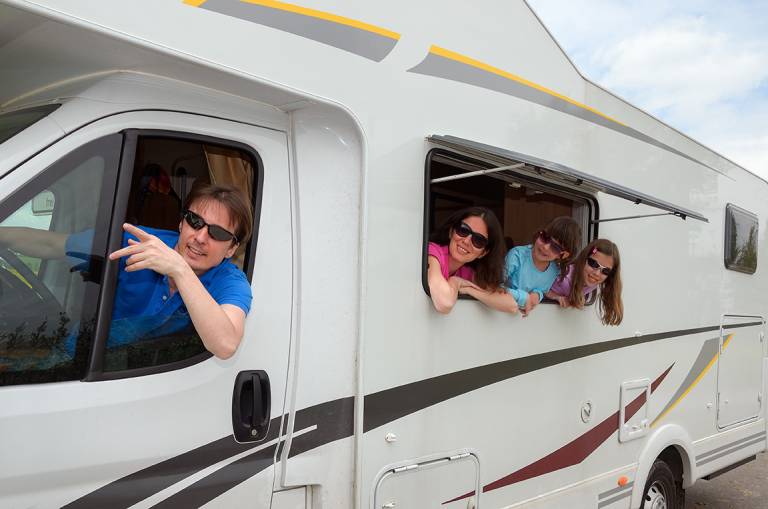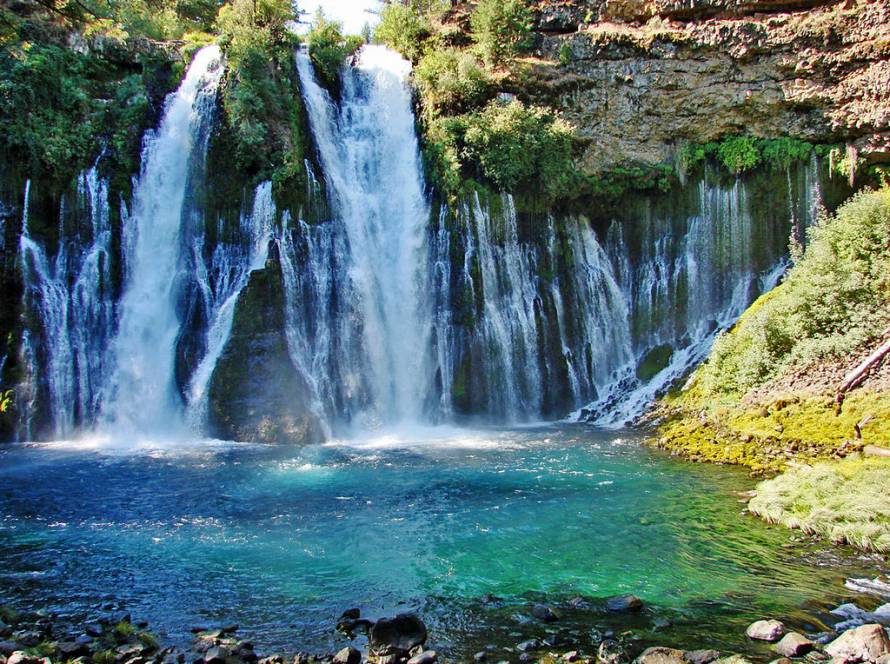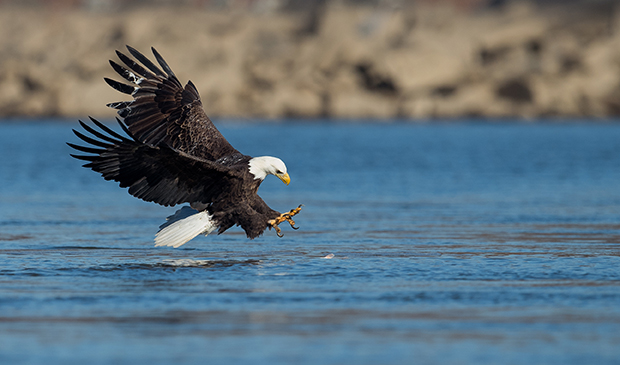With summer vacations slowly coming to a close, some families are making final attempts to spend some time together, in the outdoors, and away from their everyday lives. A safe vacation is an enjoyable vacation and everyone in your family can do their part to ensure a fun and relaxing lakeside adventure. Luckily, there are several ways to prepare for that camping trip that will save your sanity and actually allow for a very pleasant experience.

1. Follow Campground Policies
The policies put in place at campgrounds can vary widely depending on their location, facilities, and amenities. Lakeside resort policies begin with your reservation and the number allowable campers per site. These business-imposed rules will then continue through the use of the facilities, boat moorage, and swimming.
2. Perfect Pet Control
Most towns have leash laws in place, but RV campgrounds have the right to impose stricter rules when it comes to bringing the family dog on vacation. Not only will they require you to keep Fido on a leash when outside of your recreational vehicle, but he may also be held to higher standard when it comes to nuisance barking while enclosed in your RV as well.
3. Neighborly Respect
Just as at home, it’s usually best to avoid angering your neighbors while on a family vacation. The close-knit nature of a campground allows for some great interaction. Sometimes even with people from all over the world. Although, you must remember to respect campsite boundaries, keep late-night noise to a minimum and control any guests you may have to your site.
4. Pack it in, Pick it Up
Being on vacation is no reason to take a vacation from respecting your environment. While camping, make sure the kids clean up their garbage and keep their bikes and other belongings picked up and out of the way. For the sake of those with allergies and the local wildlife, it’s also best to be sure that no food is left lying around your RV campsite.
5. Regulated Use of Open Flame
Not many vacations can beat those spent in woodsy lakeside campgrounds, but these areas are not without their own special set of dangers. The biggest threat is wildfire caused by the unsafe use of open flames. Check with the local jurisdiction and your campground host and then follow any bans, obtain necessary permits and by all means, get it fully extinguished when you plan to leave it unattended.
6. Water Safety Devices
Camping near a body of water such as a large lake will mean keeping an extra eye out on the kids and your pets. Everyone that plans to make use of swim areas should be well aware of their abilities or under the supervision of a reasonable adult that possesses this knowledge. While in camp, be sure that children aren’t able to wander off regardless of the time of day.
7. Boat Operation
The thing drawing most families to lakeside campgrounds is the potential for boating fun. Whether you rent or own your vessel of choice, knowing your boat is key to its safe operation. Read the manual of a rental and ask your moorage assistant any questions you may have. You also need to be aware of any on-water signage that may be used, the rules surrounding life vest use, and the specifics of onboard lighting and flag use.
8. Boat Moorage
You may be allowed to speed down your country drive, but mooring a boat in this way is quite dangerous. When your family is ready to disembark and head back to camp, it is up to the boat operator to maneuver safely into the slip and securely tie it out. Everyone else needs to be alert, watchful, and still to ensure the safety of those on board and any others that may be present nearby.
9. Knowledgeable Use of Additions
Perhaps your family takes advantage of all that a lakeside marina campground has to offer. You could choose. Many of the options available, whether renting a boat or bringing your own, is the addition of extra toys. It must be remembered, however, that every watersport carries with it its own set of dangers. Wakeboarding can cause serious injury – boat operation versus ability, paddle boarding can leave you swimming to chase the board, and PWC collisions are all to common.
10. Avoid Interference
For the most enjoyable vacation, and in order to allow the next guests to enjoy theirs, visitors must remember not to meddle. Whether this involves local wildlife, campground neighbors, other boaters, or staff members carrying out their duties, you should never try to interfere. By all means, if you see something harmful, you should inform your hosts or contact law enforcement, but never try to tend to these matters yourself.
Unfortunately, planning and carrying out grand vacation plans can sometimes go awry, resulting in more stress than they are worth. However, this doesn’t at all need to be the case. Simply prepare yourselves and have a clear safety plan for every possibility and you’ll all fare just fine.



